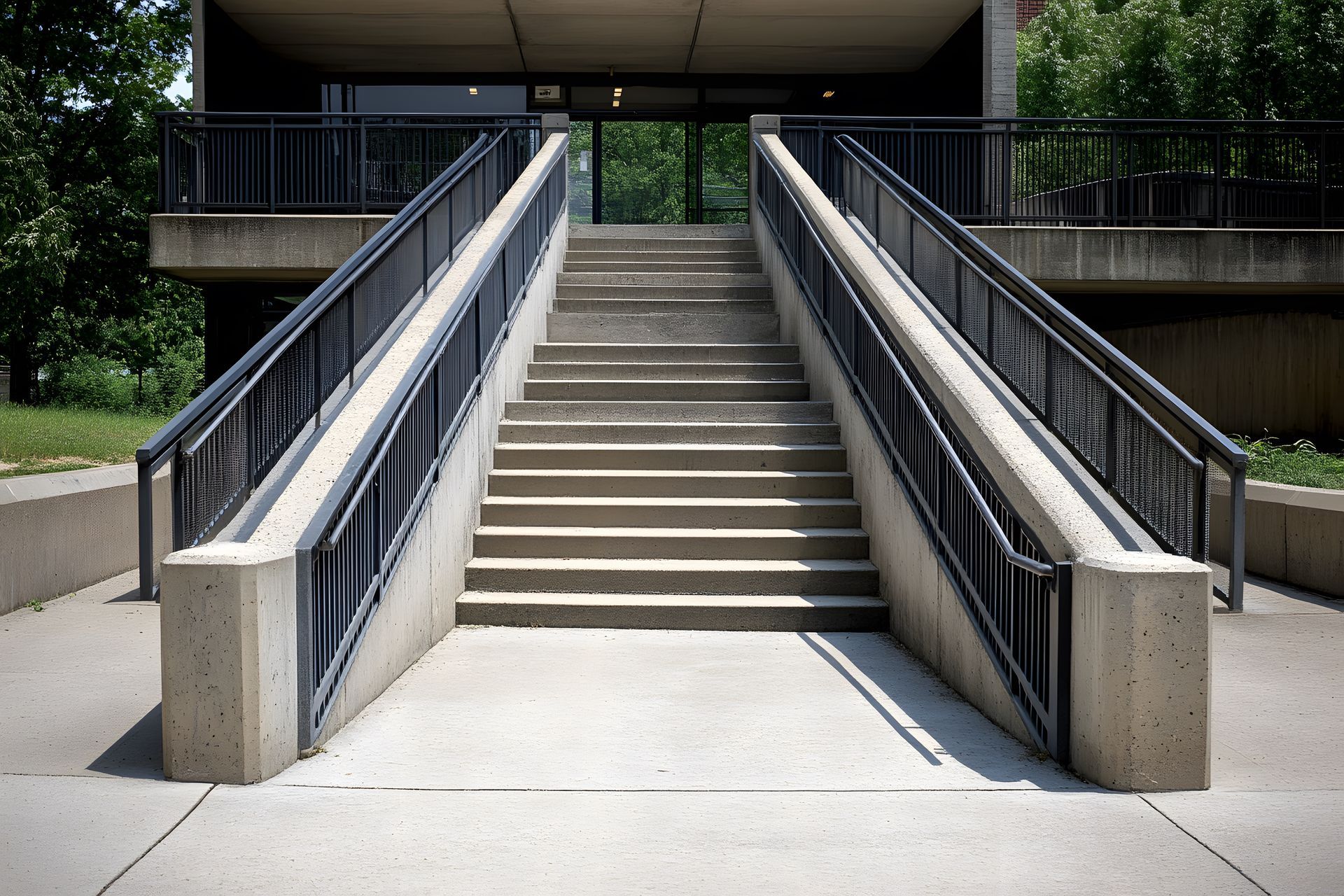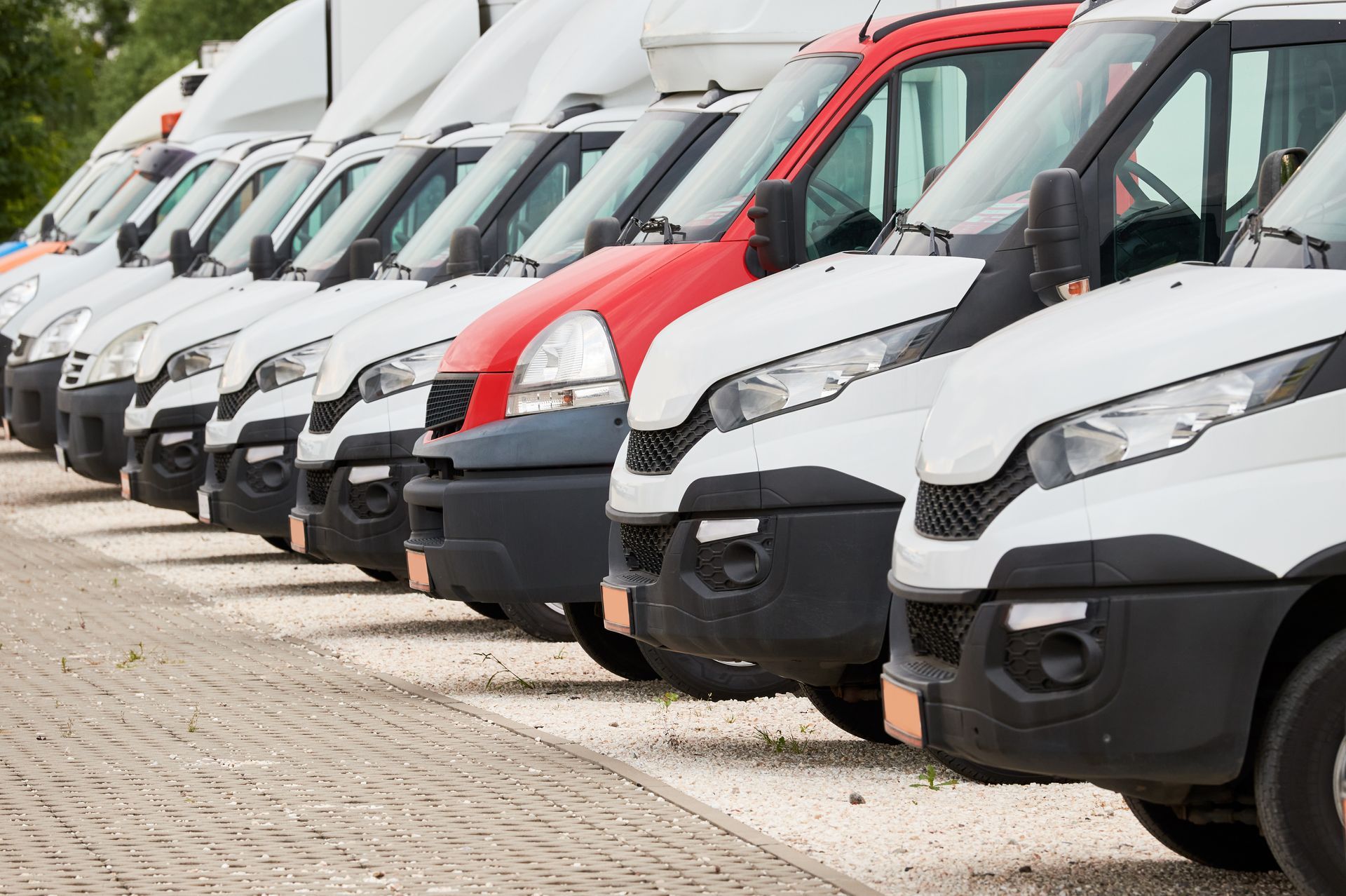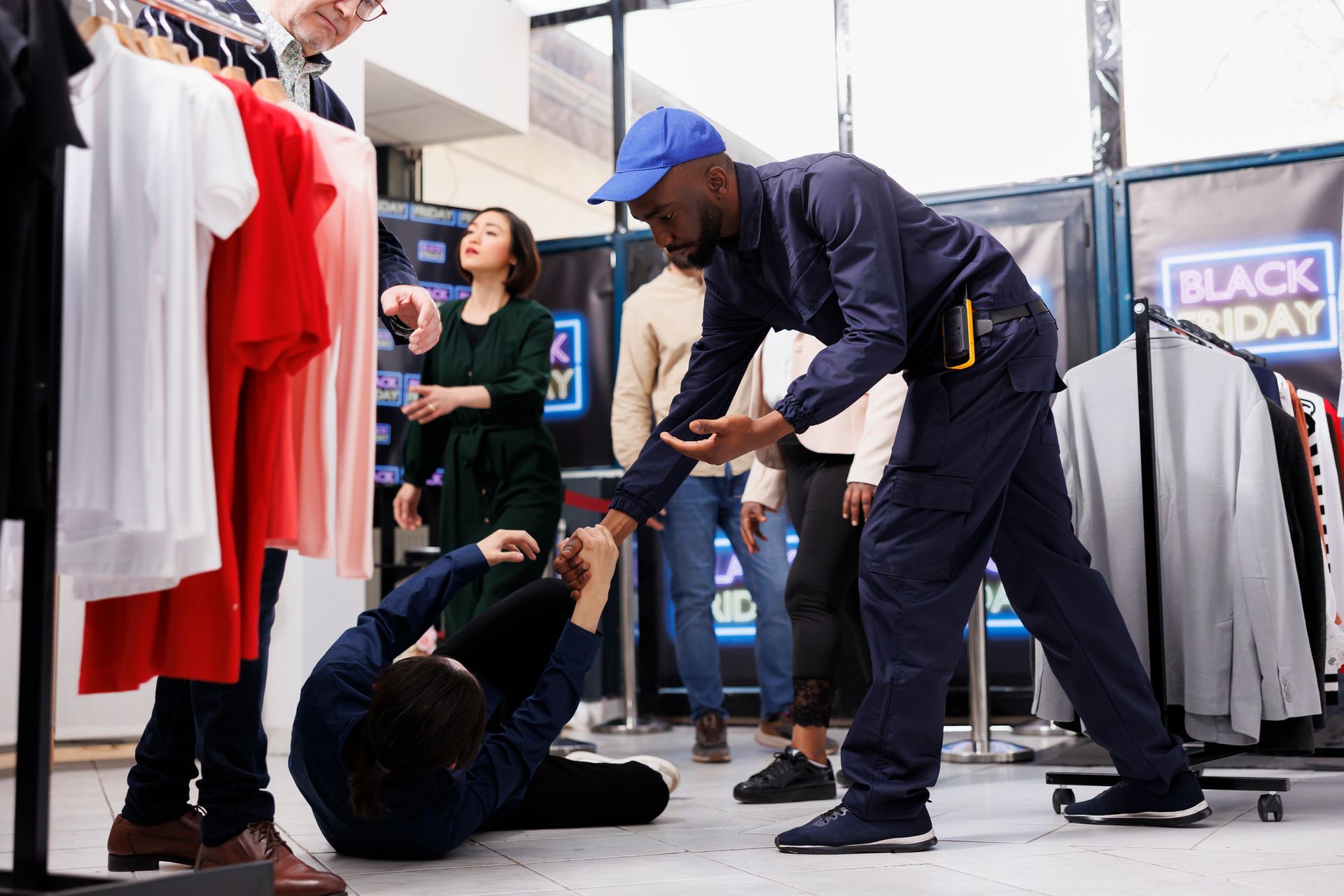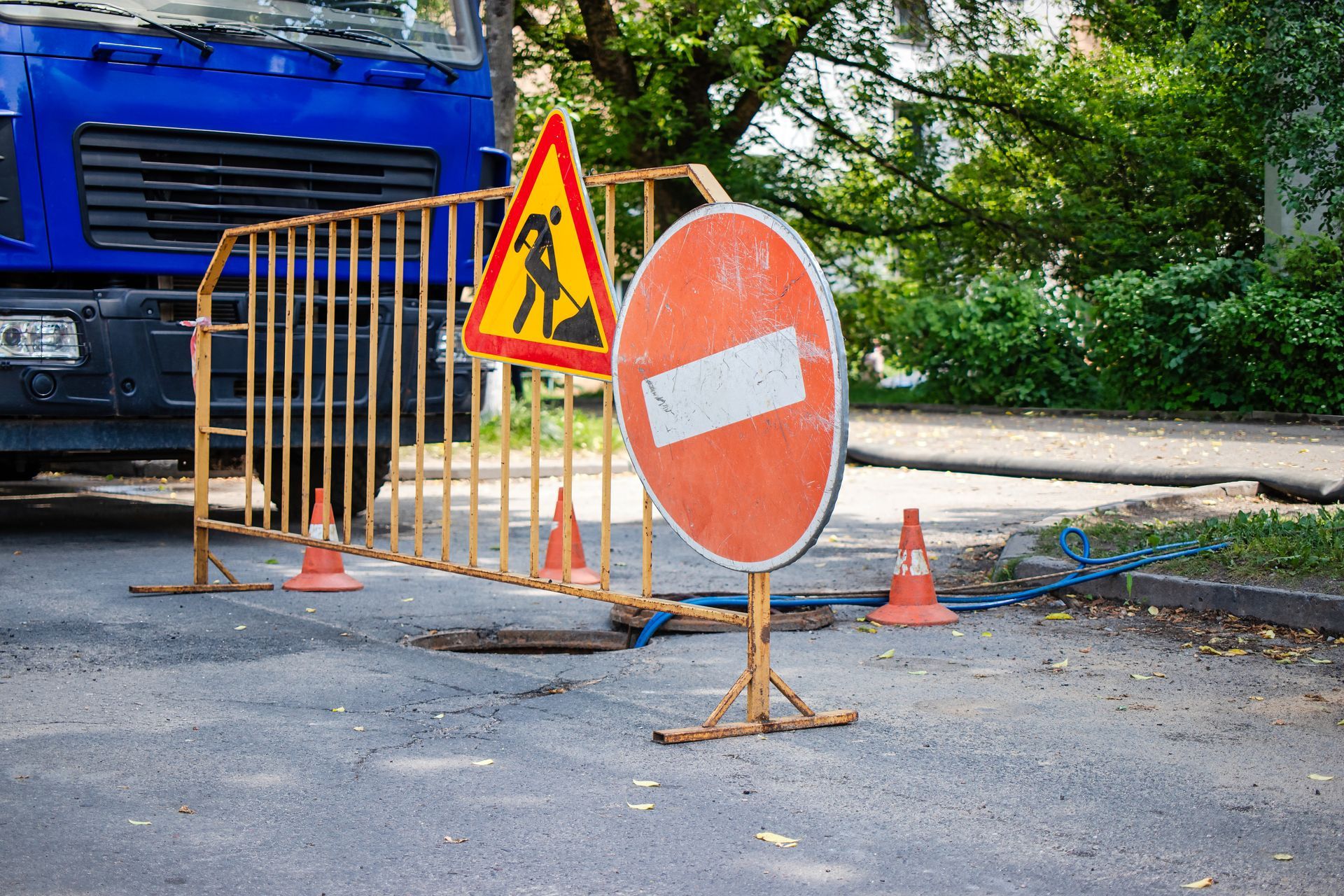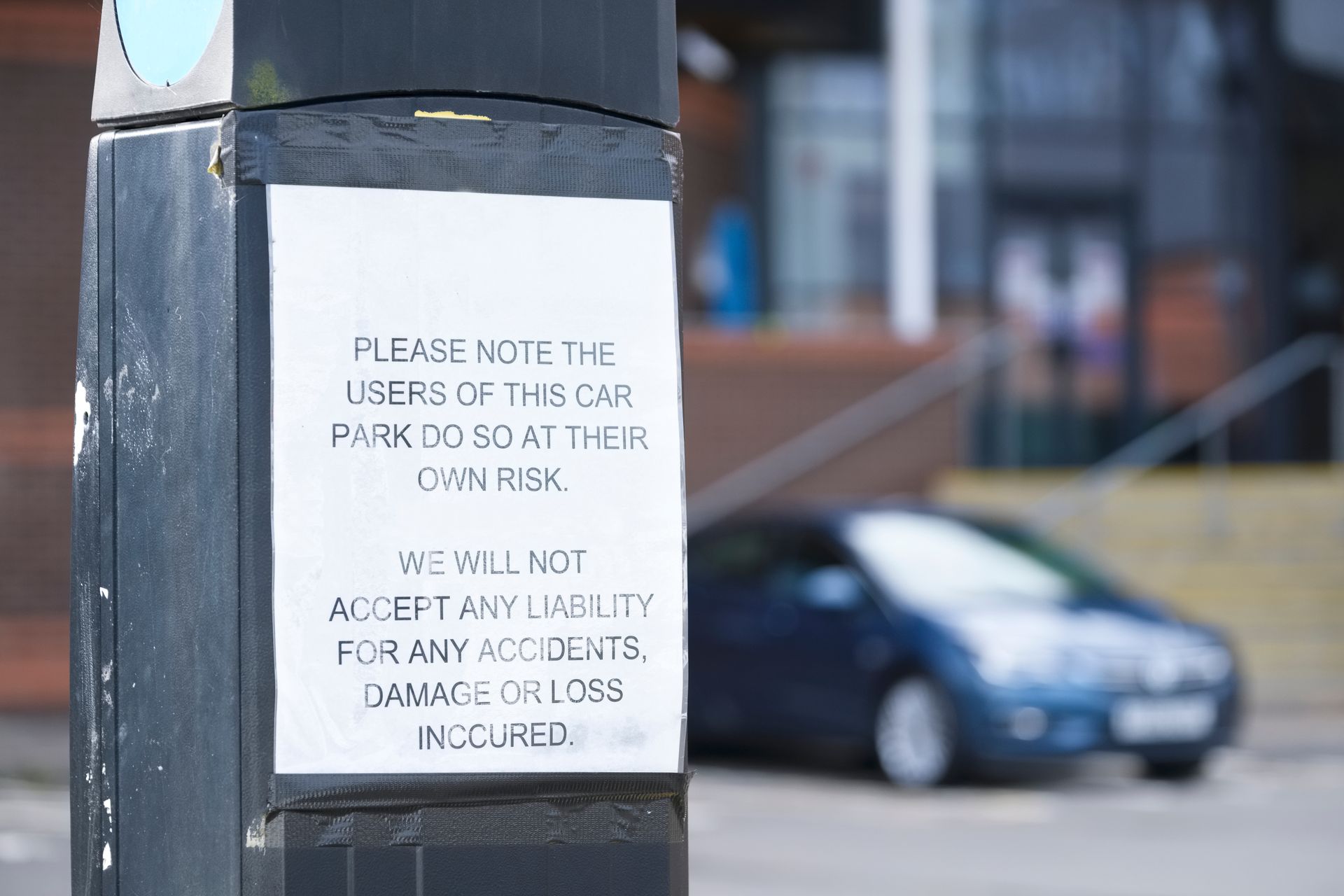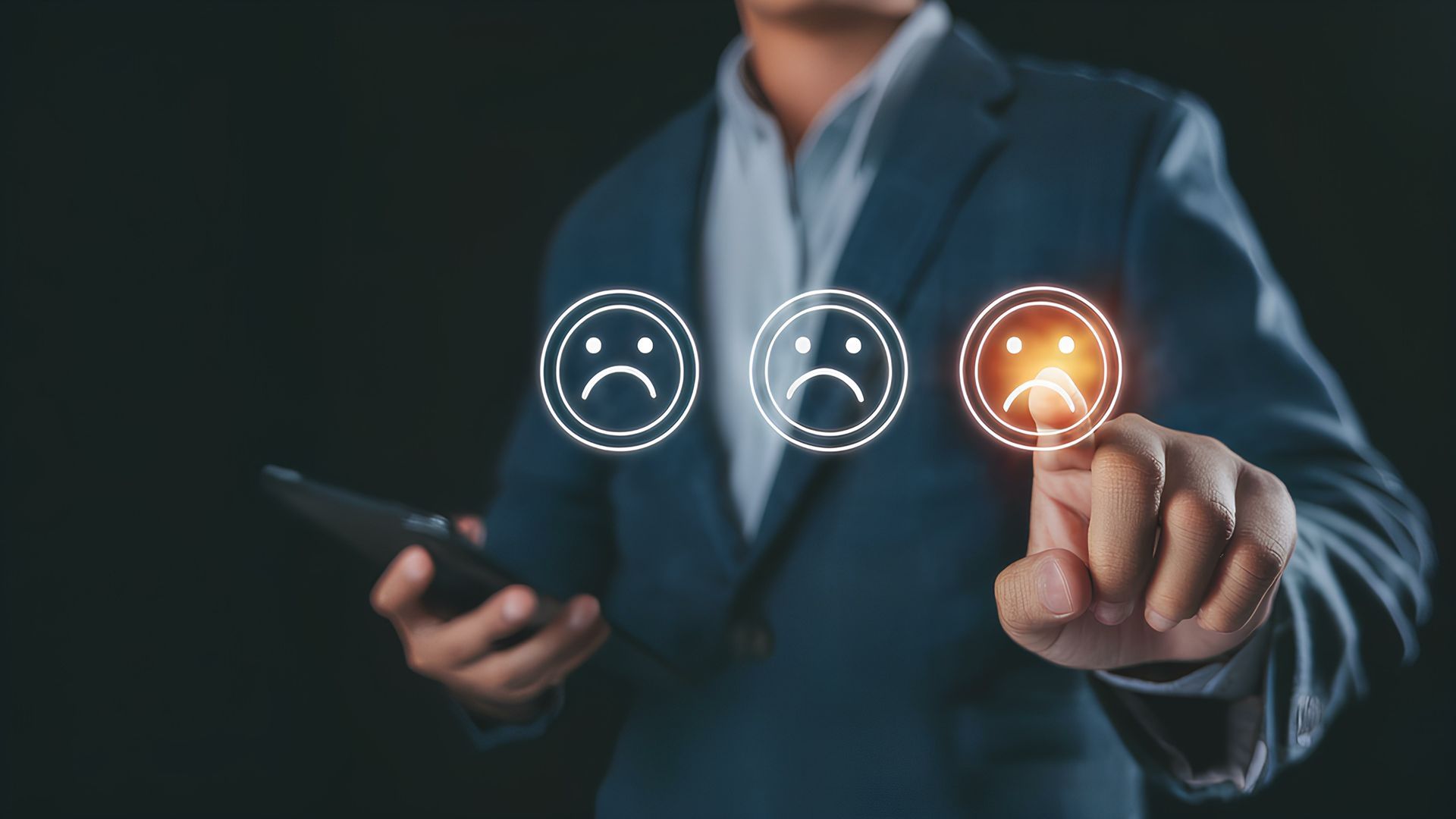Blog

In the early days of rideshare apps, companies like Uber and Lyft did their best to shield themselves from liability by claiming drivers weren’t real employees. The argument was that as independent contractors a driver is liable for their own actions and any damages they might cause. When an Uber driver runs a red light and hits a pedestrian only the driver has any liability – not Uber.
That shield has since rusted away. It’s hard to claim drivers don’t work for you when:
- You are getting paid for their work
- They’re getting jobs through your app
- They are branded with your company’s name
- The drivers have signed contracts with your company
Although Uber drivers might technically be “independent contractors” they’re still in essence working for Uber or Lyft.
There’s also the matter of taxi insurance. Taxis and Ubers are sharing the exact same space in transportation services. The only real difference between the two is the way in which you hail one. In a lot of states taxis are required to carry higher liability policy limits than regular commuters must carry. In our southern neighbor Florida, Taxis are required to have at least 125/250/50 liability coverage.
Georgia is one of the few states where taxi driver insurance minimums are essentially the same as any other commuter driver (25/50/25). A good argument can be made from a business standpoint that taxi drivers should carry much more than that, but they technically don’t have to.
In the early days, Uber and Lyft drivers weren’t being forced to pay extra for coverage or were simply driving without getting any extra commercial liability protection.
Georgia Was Early to Force Uber and Lyft’s Hand on Liability Coverage
Despite the seemingly lax insurance laws for taxi drivers in Georgia, the state has been relatively aggressive when it comes to rideshare liability, starting with House Bill 225 back in 2015.
Currently, rideshare companies like Uber and Lyft – and delivery companies like DoorDash – are required to maintain $1 million of liability coverage and uninsured motorist coverage for drivers carrying fares and $100,000 of liability coverage when they are between fares but on the clock.
Essentially, if you’re an Uber driver but your app is off, then you’re only covered by your personal auto coverage. If you’re app is on and you’re driving to a pickup after dropping a passenger off, you have 50/100/25 of liability coverage from Uber. If you have a paying customer in your car, you have $1,000,000 of liability coverage.
Do Uber and Lyft Drivers Have to Carry Extra Personal Insurance?
Technically no – if you’re a rideshare driver you don’t have to carry additional insurance. How it works is your personal auto insurance covers you when you’re not actively working. Once you do log into the app and start working, you’re no longer covered by your personal insurance and you’ll only be covered by Uber’s liability coverage.
There are a lot of common personal auto insurance companies in Georgia, like State Farm, USAA, Allstate and Progressive, that offer special policy addons for rideshare drivers. For example, you may be able to add deductible affordable gap coverage on your personal auto insurance policy so if you do get into a rideshare accident you don’t have to pay the higher rideshare insurance deductible.
They can also offer you better protection. There may be scenarios in which you aren’t covered by Uber’s policy, even if you’re technically on the clock. Paying an extra $25 or $50 a month for personal rideshare or commercial auto coverage can help you avoid suffering potentially devastating financial consequences for injuries you cause on the clock.
You might also want to consider getting uninsured and underinsured motorist coverage on your personal auto insurance policy for when you’re not actively carrying passengers. With more than 12 percent of all Georgia drivers uninsured, it’s good to have some UI/UIM coverage to protect yourself.
Get Help After a Rideshare or Delivery Accident in Atlanta
Edwards & Hawkins have experience in all types of auto accident cases, including rideshare and delivery accidents. If you’ve recently been involved in an injury accident and you want to know about your options, call us at (404) 526-8866.

